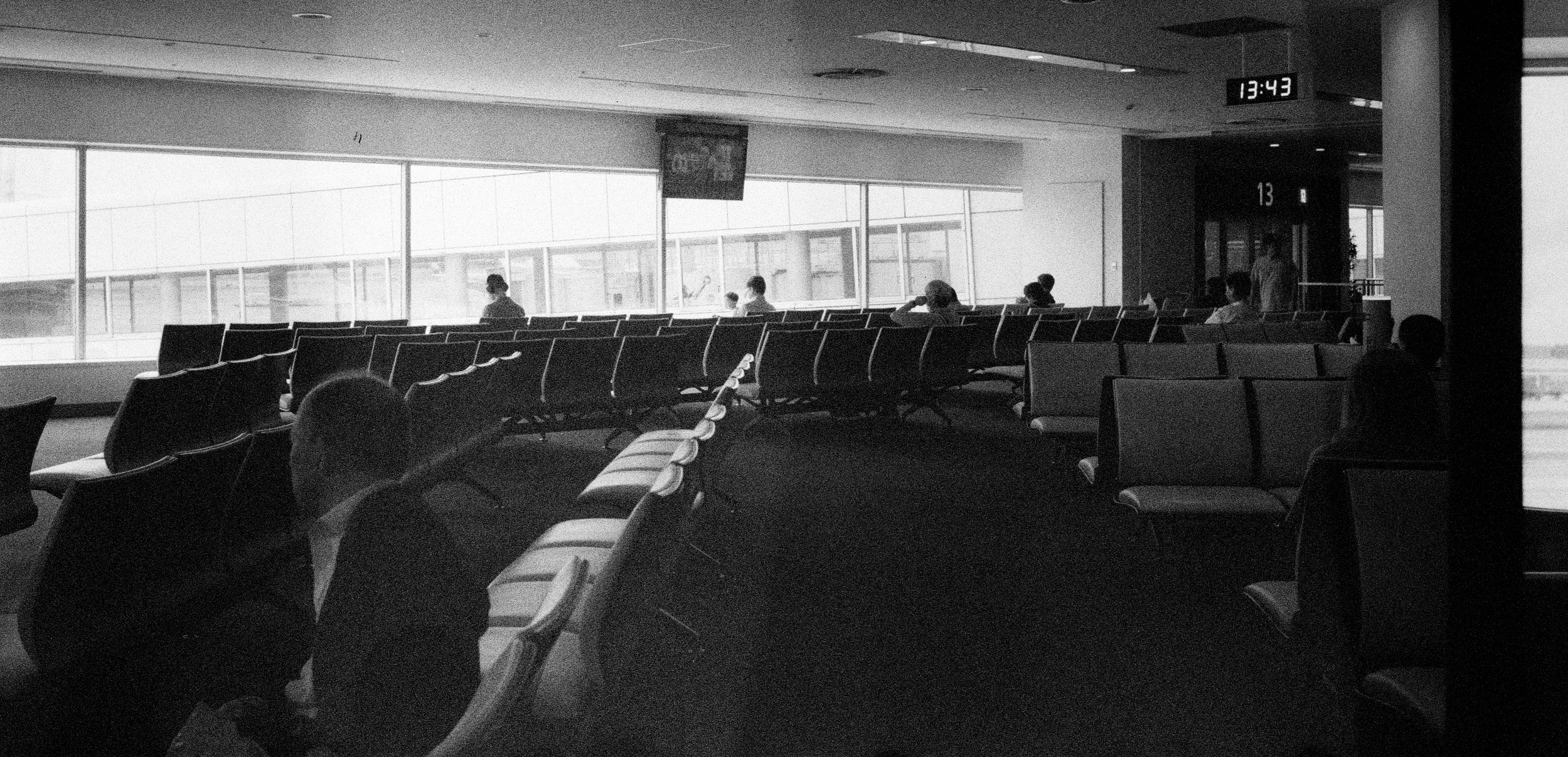
Growing up, I was unaware of the world and the scope and depth of its problems; I thought they only happened far away, and to other people. But as an adult, like many of my friends, I feel complicit in the world’s problems today, even as I want to make things better.
We feel, I think, mostly guilt. Guilt, for our privilege. Guilt, for our ignorance. Guilt, for not doing more.
I’ve had to work through these feelings—not only guilt, but also sadness, grief, anger, anxiety—and talk myself through why this is not a healthy and productive way to be. I thought I’d write a little about my inner resolution here.
In a broken world (we must admit that we live in a broken world, and not continue to sugar-coat reality), we all have important work to do and things to rebuild.
But we see people like Malala and we think we could never be like her. The bar is too high. We see people who build NGOs, volunteer at Médecins Sans Frontières, work at the front-lines of hospitals to combat COVID-19, protest on the streets at the risk of being imprisoned, get into local politics in order to change legislations, and we think… these people are doing important work, and we’re not.
But I’m here to write, to propose, that we are all doing important work, and that we can all do important work without being stuck in the usual definition of what “important work” is.
My friend who runs a cafe is doing important work, by filling people’s bellies with coffee and people’s hearts with love. Her work is important because she chooses to infuse it with meaning, by building community and always striving to do right by her customers. Her work of brewing coffee and making sure her shop runs smoothly builds people’s faith in the goodness of other people, and that’s important work, even though it’s not grand.
I have another friend who spends most of her time helping her family and friends with chores and errands. People come to her with their problems and she helps to solve them. Sometimes it’s a website that needs to be done, sometimes it’s a social media post, sometimes it’s a relationship problem. She always finds time to help, and she always helps at the expense of her own time. Important work, but not grand.
Important work can be unnoticeable or below-the-radar, and it doesn’t have to pay. I think of my newsletter as important work, even though nobody pays me to write and I only have 500 subscribers. I believe this work is important because I get to help people feel better or see another point of view. Sometimes, not all the time, and not with everyone. But even though my audience (and my impact) is tiny, I see my writing as important work because it adds something positive to the world, rather than subtract from it.
The other important work we can do is to take care of ourselves. Thich Nhat Hanh wrote that the way to build peace in the world is to build peace in ourselves first, because we are all inter-connected. If I am depressed, unhealthy, angry, I cannot help others. As they say, “Happy people help people.” And guess what? Even if a happy person doesn’t go out of her way to help others, she is already helping by not adding to the problems of the world.
Another important work we can do is to educate ourselves, to never stop learning. The more we learn, the more we can unlearn (and there’s much to unlearn). When we adopt an attitude of, “I really don’t know much of anything,” we become perpetual students and less inclined to force other people to adopt the same views as us, since we hardly know anything. Can you imagine a world where most people spend their time learning rather than fighting? I want to live in that world.
Finally, let your passion and your curiosity lead you to doing work that you care for. If someone tells you that passion doesn’t pay, that you’re wasting your time, ask in return, “Then what does a passion-less life pay?” Work fueled by passion and curiosity will always be important because it’s rooted in a sense of “right-ness”. No words can describe it; it just feels like the right thing to do. This important work doesn’t have to be a job; it can be something you do on the side. It all counts.
In summary: Dissolve the guilt. Do the work, whatever work it might be, and be proud of yourself, because you’re building and not destroying. No matter how small your work is, believe that it is contributing to a bigger chain of events that is making the world better. If we feel called to go to a war-torn country to volunteer our talent, we should do it. But if we feel called to do work that’s not as grand, that’s wonderful too.
I wish you courage and strength in continuing to do the important work that you’re doing.
(Originally published via my newsletter.)